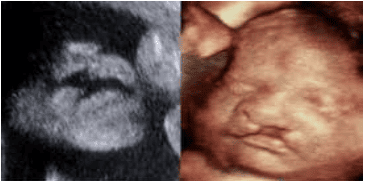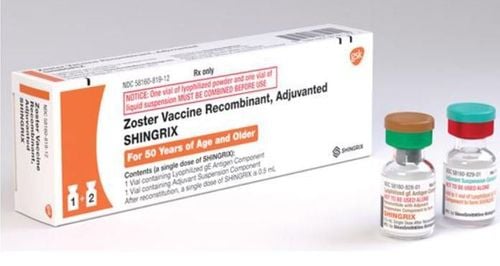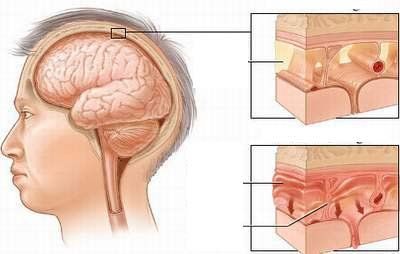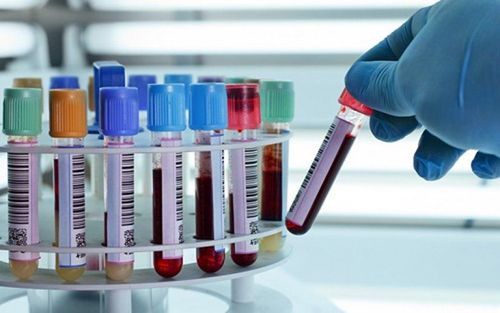This is an automatically translated article.
Article by Doctor Tran Thi Phuong Thuy - Department of General Internal Medicine, Vinmec Times City International Hospital.
Chickenpox is a very contagious disease caused by a virus (varicella zoster virus - VZV for short). This virus also causes shingles (also called shingles). Before the chickenpox vaccine, up to 90% of people would get it by the time they were 15 years old. Today, thanks to vaccines, this disease is less common, but in Vietnam it is still common to see small outbreaks in the spring.
1. Chickenpox symptoms
The disease is spread by close contact with a person with chickenpox, through droplets containing the virus in the air and contact with secretions from blisters. The disease is highly contagious, and an infected person can spread the virus even without a rash and symptoms.
After being infected with the virus, the incubation period is usually 10 to 21 days. The first symptoms are usually fever, fatigue, sore throat, loss of appetite. The rash then appears on the skin, initially as small red nodules, then into blisters containing clear fluid, often itchy. These blisters then burst, dry, scab, and eventually scab. These blisters can grow all over the body, and go away after about 1 week.

Chickenpox is more common in adults than in children, with high fever, sore throat, headache, cough, and thicker skin rash. The main complications of the disease are pneumonia and hepatitis. Encephalitis sometimes occurs.
Children with chickenpox usually get better on their own, but adults with chickenpox will be given antiviral drugs (acyclovir, valacyclovir) by their doctor to help them get better.
2. Complications of chickenpox
Chickenpox is usually a mild illness, but in some risk groups it can be dangerous. These are the following groups:
Pregnant women Newborns People who are immunocompromised, including people living with HIV, and people who have received an organ or bone marrow transplant.
3. Chickenpox in pregnant women
Getting chickenpox during pregnancy can cause some complications, like pneumonia in the mother, or in some cases, birth defects in the unborn baby. Chickenpox is also very dangerous for babies, so pregnant women who have not been vaccinated should immediately tell their doctor if they have been in contact with someone who has chickenpox or have symptoms of chickenpox.
Newborns born to mothers with chickenpox within 5 days before birth to 2 days after birth, are at high risk of also developing severe chickenpox through intrauterine transmission.
During pregnancy do not get chickenpox vaccine.

4. Can you get chickenpox twice?
Most don't get chickenpox a second time, but it does happen sometimes. In some people, the virus can reactivate later, causing shingles, also known as shingles.
Please dial HOTLINE for more information or register for an appointment HERE. Download MyVinmec app to make appointments faster and to manage your bookings easily.














